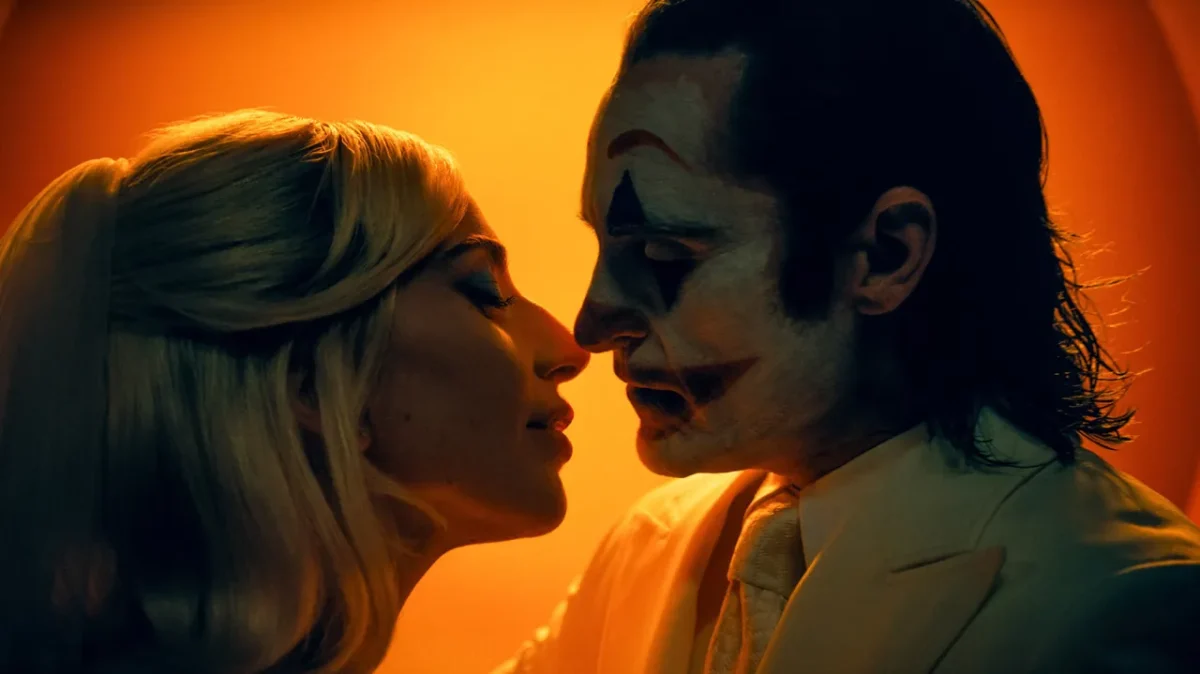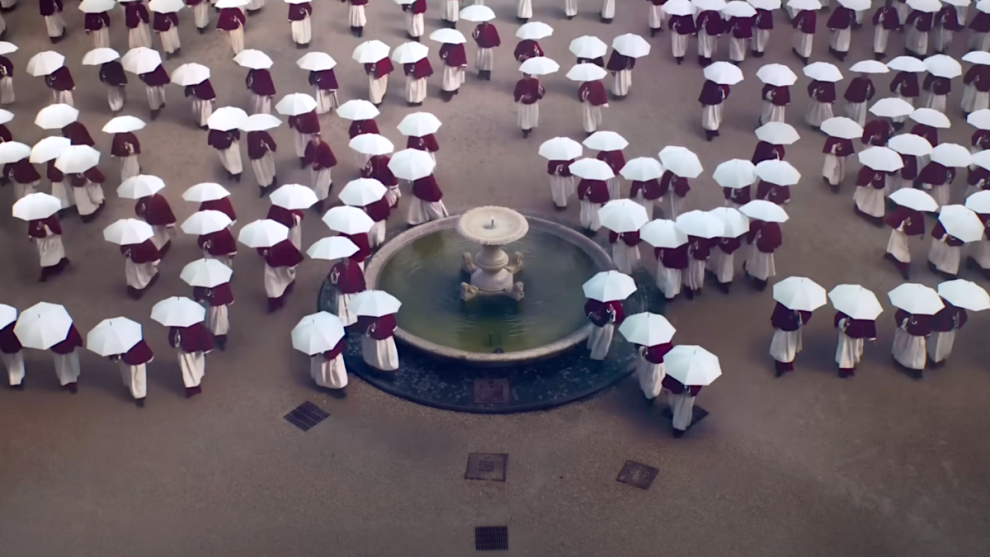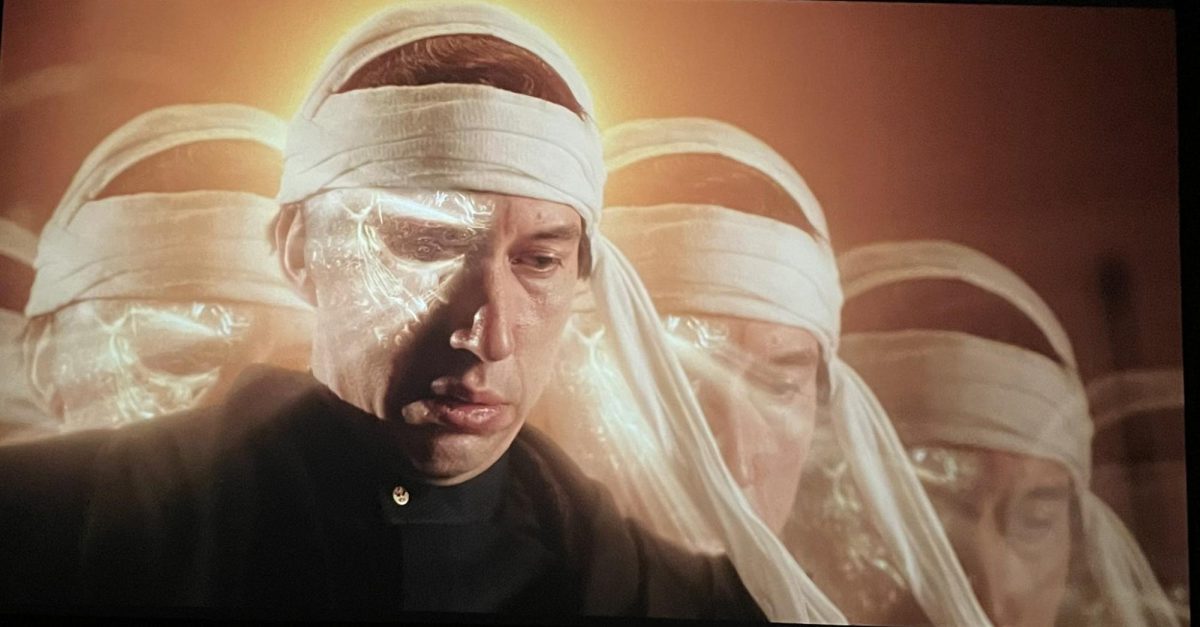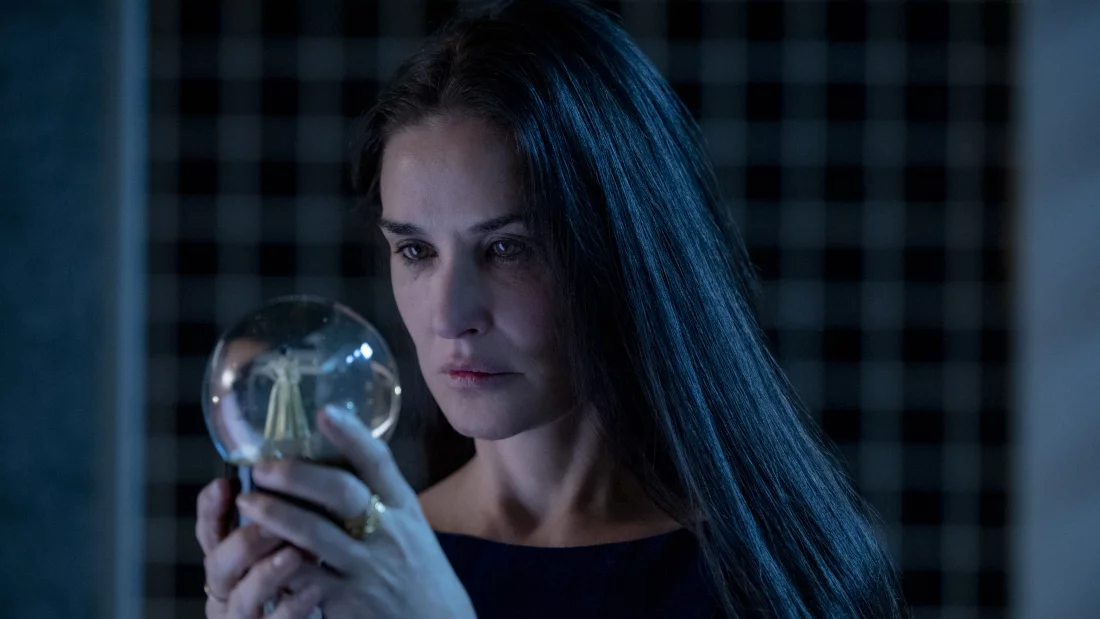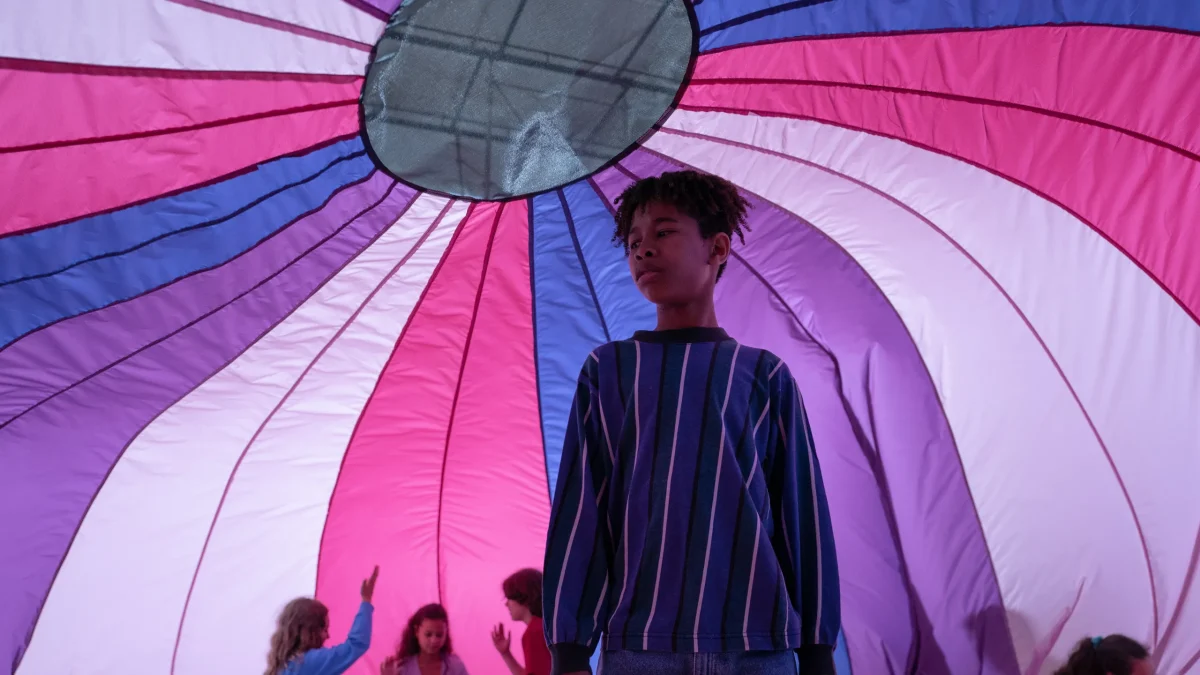Todd Phillips seems to have fallen short of audience expectations with his latest film “Joker: Folie à Deux,” the follow-up to his 2019 film “Joker.” In stark contrast to its predecessor’s high praise and grosses, “Joker: Folie à Deux” opened with $37.8 million domestically, received a dismal CinemaScore of D and sits at a 2.5 out of five on Letterboxd as of writing.
“Joker: Folie à Deux” is a moral analysis of the reaction to the first film—but with musical sequences. Viewers who haven’t seen “Joker,” or may not have been aware of the online uproar that coincided with its release, will lack the necessary context to understand the narrative presented in “Joker: Folie à Deux.”
Reactions to the first film disregarded the underlying message of Arthur’s mental illness being just that—an illness. Online commentators idolized Joker and saw him as a martyr for social change instead of understanding that his murderous actions were a reflection of unaddressed trauma.
The sequel tries to play on the adoration that Joker received following the first film and make a jest of fans who overlooked the film’s central theme because they were dazzled by the charisma of Arthur Fleck’s alter ego. This introspective approach may not have been the best choice for the intended audience.
“Joker: Folie à Deux” attempts to go a step further from the original and break down the personas of both Joker and Arthur Fleck but misses the mark. The film does this through grandiose musical sequences that are a complete 180 from its predecessor’s grounded, raw nature. These sequences immerse viewers in Arthur Fleck’s delusions and blurred reality.
This approach differs heavily from the original film, where the audience learns about Arthur’s turmoil through his journal. However, the musical aspect of “Joker: Folie à Deux” turned many fans away from seeing it, resulting in its poor box office results. Phillips and several cast members stated that the film is not a musical.
While that may be the case, there is still quite a lot of singing.
Joaquin Phoenix’s performance is the highlight of “Joker: Folie à Deux.” He captures the complexity of the Joker, both a murderer and a sympathetic character, unhinged yet pitiful.
Lady Gaga’s casting as Harley Quinn is intriguing, especially given her advocacy for mental wellness through the Born This Way Foundation. However, her character feels underdeveloped and unlikable despite her decent performance. The most memorable aspect of her role is the repeated line, “gonna build a mountain from a little hill”—if only they could have used that momentum to build her personality. Phoenix and Gaga lack chemistry on the screen to make the audience believe the facade that Phillips is trying to sell.
The final scene has caused controversy—there’s an ode to Christopher Nolan’s “The Dark Knight” that many have deemed to be in poor taste. Unfortunately for many fans of Phillip’s interpretation of Joker himself, that scene—and the movie as a whole—may have been the nail in the coffin: He has stated in interviews that he has concluded his journey directing Joker, and there will not be another sequel. But, as the song goes, “That’s Life.”

